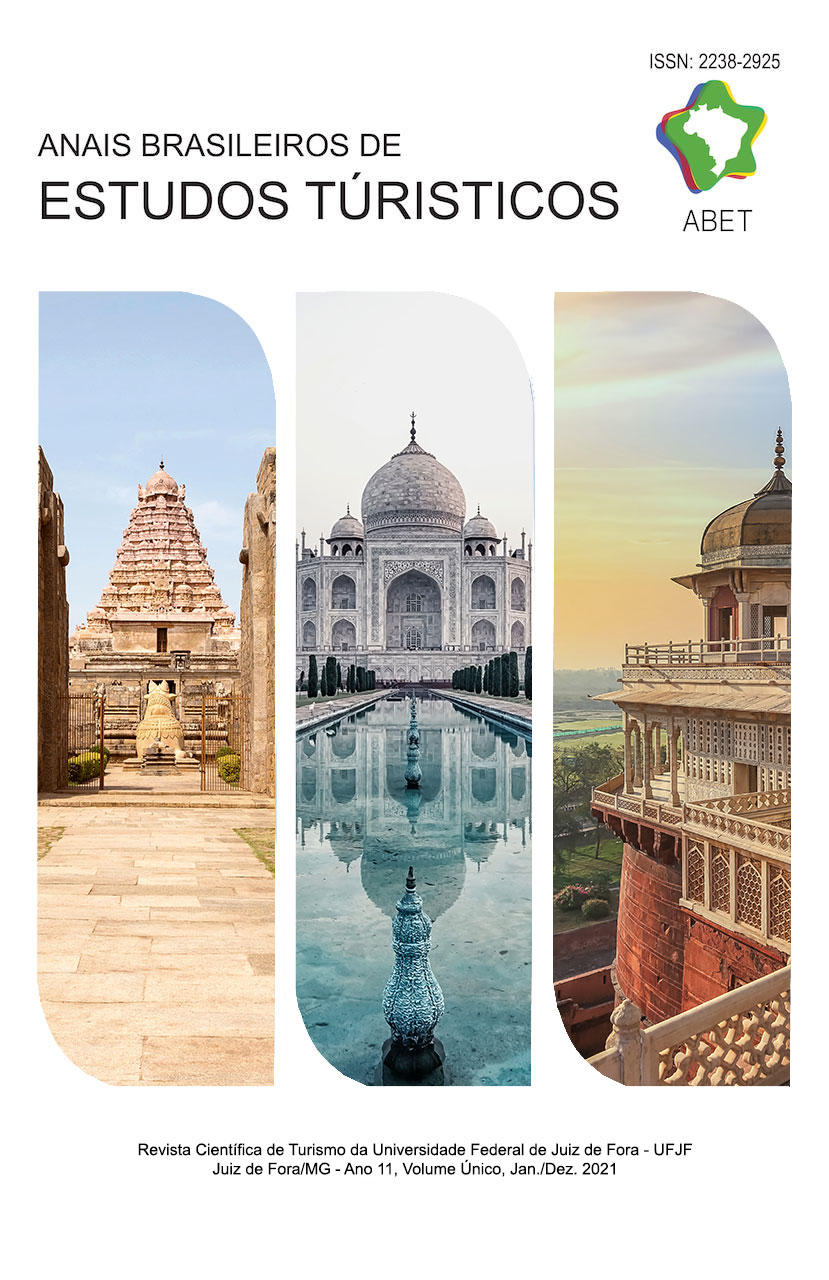Analysis of the Effects of Covid-19 on Travel and Tourism Product Purchase Decisions
DOI:
https://doi.org/10.5281/zenodo.5770078Keywords:
Crisis, Covid-19, Tourism demand, Consumer behavior in tourismAbstract
This study aims to determine the differences between behaviors of potential tourists by examining how the crisis perception of COVID-19 impacts tourism demand and what kind of attitudinal dimensions potential tourists bring to the fore in their travel requests. Data were collected from 685 local tourists living in Turkey. Explanatory Factor Analysis was performed, followed by a t-test and one-way ANOVA, to determine the differences between demographic features. In the face of the pandemic, the potential tourist will tend to isolate, avoid, and turn to alternative forms of tourism. In addition, the approach to traditional travel and accommodation activities is changing and has been altogether thrown into question. The differentiation of tourism preferences according to the demographic characteristics of participants reveals that the effects of the pandemic differ depending on personal characteristics. The effect of external environmental conditions on consumer behavior and demand in tourism is a topic studied in the literature. There are also studies on the impact of regional epidemics on tourism, such as SARS, Ebola, among others. However, empirical studies on the impact of a global pandemic such as the Covid-19 on consumer behavior and demand in tourism are limited. This study which determine the effect of Covid-19 on tourism demand and consumer behavior, will contribute to the literature. The results of this study can be a guide for tourism businesses in other countries. It can be a source for academically similar studies in terms of method and application.
Downloads
Downloads
Published
How to Cite
Issue
Section
License
Copyright (c) 2021 Anais Brasileiros de Estudos Turísticos - ABET

This work is licensed under a Creative Commons Attribution 4.0 International License.
This journal provides immediate open access to its content, following the principle that providing free scientific knowledge to the public provides greater democratization of world knowledge.
Authors must agree to the following terms relating to copyrights:
(a) Authors keep all copyright and grant the to the journal the right of first publication, with the work simultaneously licensed under the Creative Commons Attribution License that allowing job sharing with recognition of authorship of the work and initial publication in this journal.
(b) Authors are allowed to assume additional contracts separately, for non-exclusive distribution of the version of the work published in this journal (e.g. publish in institutional repository or book chapter), with recognition of authorship and initial publication in this magazine.
(c) Authors are allowed and are encouraged to publish and distribute their work online (e.g. in institutional repositories or on your personal page) since they do not do this before or during the editorial process, as this can generate productive interchange, as well as increase the impact and citation of work aired. (See Effect of Free Access).















